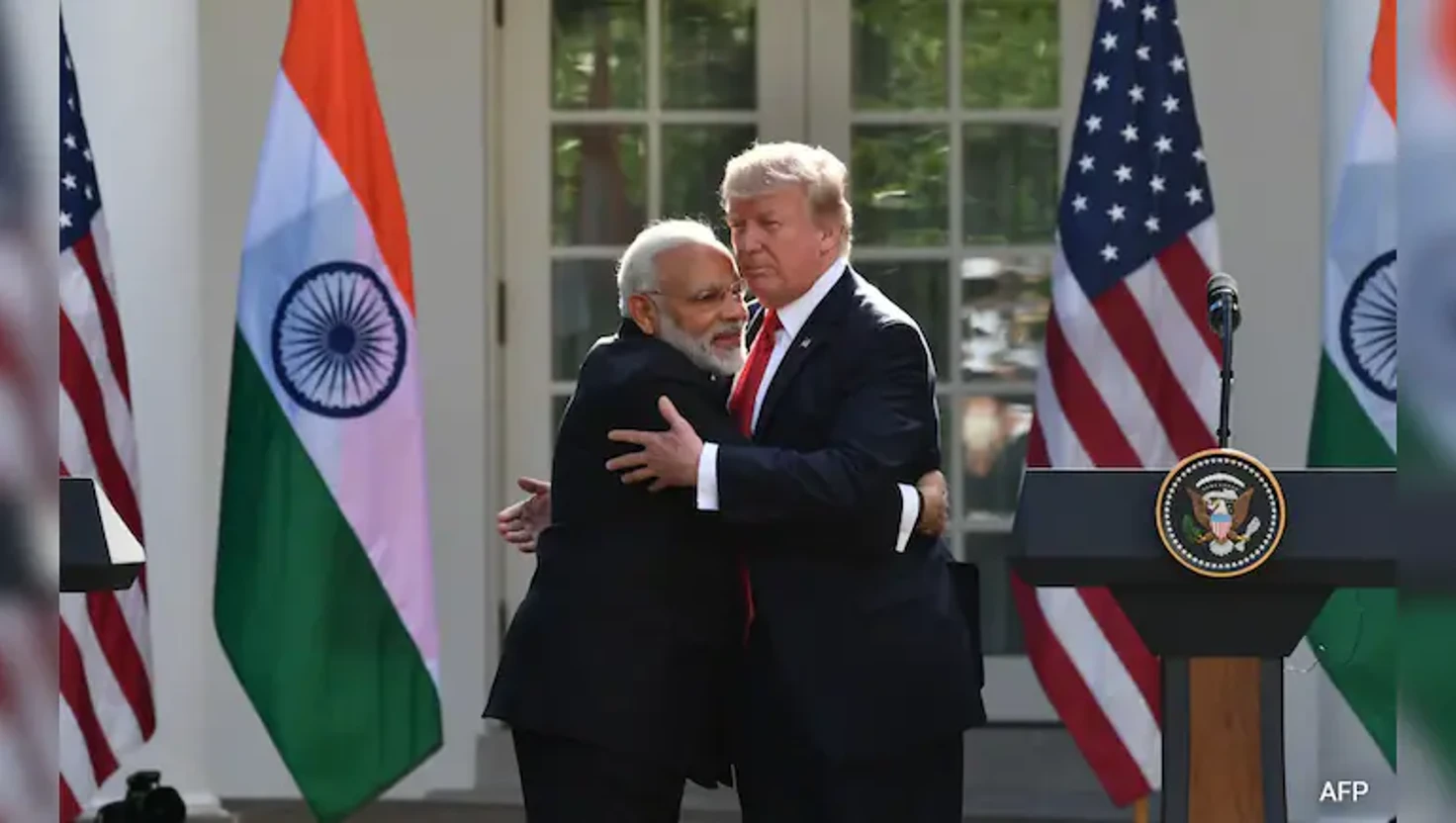Israel and Hamas sign off on Gaza Peace Plan. Trump likely to visit Egypt this weekend
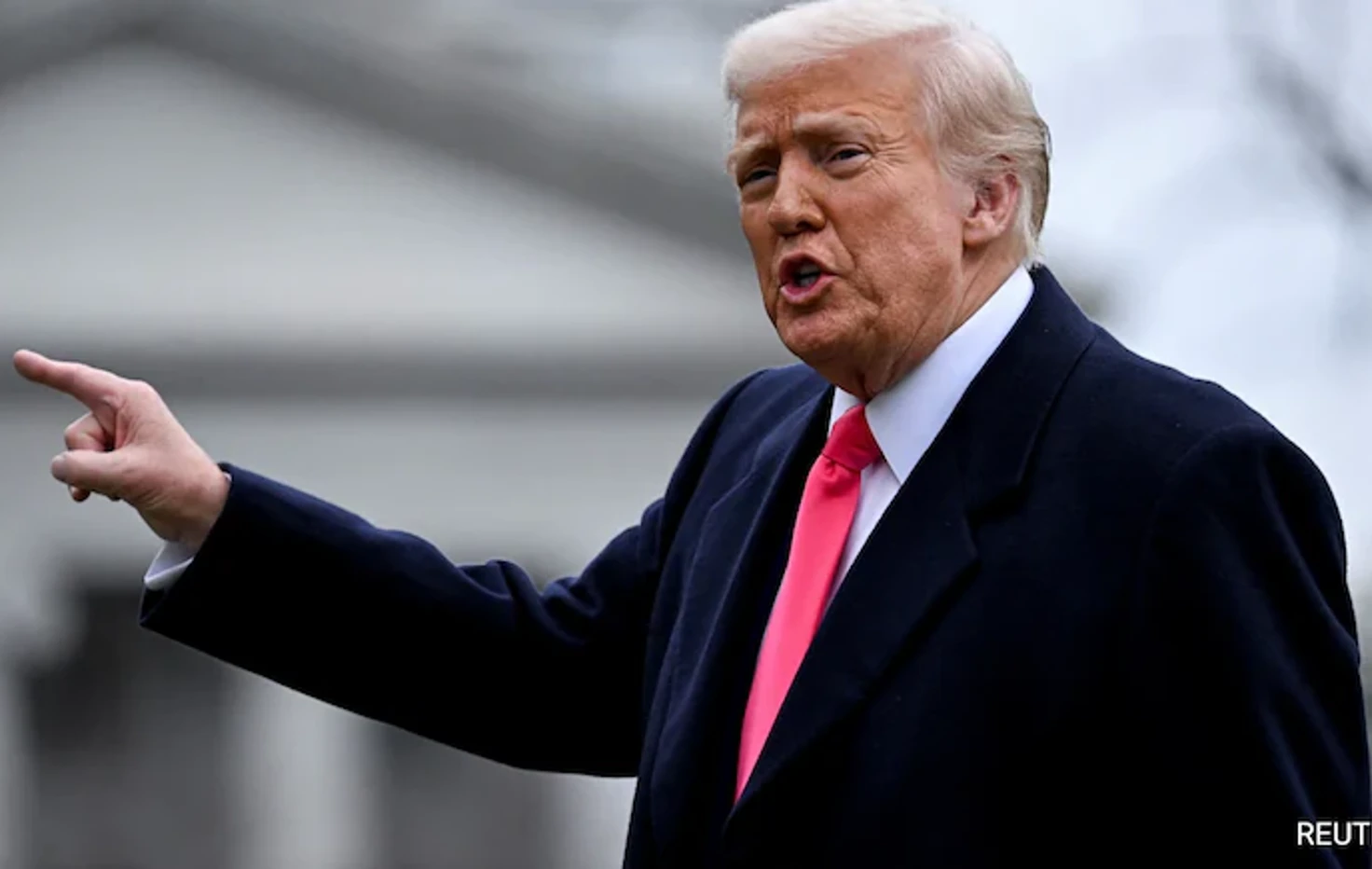
In a significant development in the ongoing conflict, United States President Donald Trump announced on Wednesday that Israel and Hamas have reached an understanding regarding the first phase of a proposed Gaza peace plan. The announcement follows intensive negotiations held in Egypt, marking what Trump described as a "historic and unprecedented" step towards resolving a two-year-long war.
Details of the Agreement
According to Trump, the agreement entails that Hamas will release all hostages currently held, while Israel will withdraw its military forces to a mutually agreed line. The announcement was shared by Trump on his Truth Social platform, where he expressed pride in the deal’s progress. He stated, "This means that ALL of the Hostages will be released very soon, and Israel will withdraw their Troops to an agreed upon line as the first steps toward a Strong, Durable, and Everlasting Peace."
In his declaration, Trump extended gratitude to the mediators involved in the negotiations, notably Qatar, Egypt, and Turkey, exclaiming, "BLESSED ARE THE PEACEMAKERS!" This sentiment illustrates the complex international web of interests and influencers involved in Middle Eastern peace processes.
Reactions from Leaders
Israeli Prime Minister Benjamin Netanyahu also commented on the announcement, stating his commitment to bring the hostages home, saying, "With God's help we will bring them all home." The situation remains delicate, with both sides having vested interests concerning the eventual outcomes of this negotiation.
The discussions centred on a proposed hostage-prisoner exchange, with Egyptian state-linked media indicating that humanitarian aid would also be facilitated into Gaza. Reports suggest that hostages may be released as early as Saturday or Sunday, though the actual timing remains uncertain.
Hostage and Humanitarian Crisis
The situation in Gaza is dire: according to the health ministry in the territory governed by Hamas, Israeli military operations have resulted in approximately 67,183 fatalities, with reports indicating that more than half of the deceased are women and children. As the region grapples with one of the worst humanitarian crises in recent history, international pressure has intensified for a cessation of hostilities.
As joy permeated parts of Gaza with chants of celebration among residents, many expressed hope for an end to the conflict. Mohammed Zamlot, a resident displaced from northern Gaza, stated, "We’re closely following every bit of news about the negotiations and the ceasefire." This sentiment reflects a widespread yearning for peace amid ongoing violence.
Negotiations Context
The negotiations are underscored by the recent anniversary of the October 7, 2023, Hamas attack on Israel, an event that triggered a significant escalation in hostilities. The 2023 attack resulted in the death of 1,219 individuals, primarily civilians, lighting a fuse for the prolonged military engagement.
Hamas had submitted a list of Palestinian prisoners it sought released in exchange for the hostages. Reports suggest that high-profile prisoner Marwan Barghouti, known for his ties to the rival Fatah movement, is one of those on their wishlist. Additionally, Trump's son-in-law Jared Kushner and Middle East envoy Steve Witkoff have been actively engaged in the discussions, indicating the high level of attention the situation is receiving from the US government.
Challenges Ahead
Despite the hopeful tone of Trump's announcement, significant hurdles remain. Among them are issues related to Hamas's disarmament and the governance of Gaza, which are yet to be fully addressed. As both public and private individuals in the United States and globally express optimism over the progress made, it is clear that a comprehensive and lasting solution will require careful negotiation and goodwill from all parties involved.
The situation continues to evolve rapidly, with President Trump hinting at a possible trip to the region to further support the peace talks. "I may go there sometime toward the end of the week, maybe on Sunday," Trump stated, indicating his administration's commitment to seeing the negotiations through to a viable conclusion.
The unfolding situation raises important questions about the future of both Israeli and Palestinian communities and the role of international diplomacy in shaping that future.
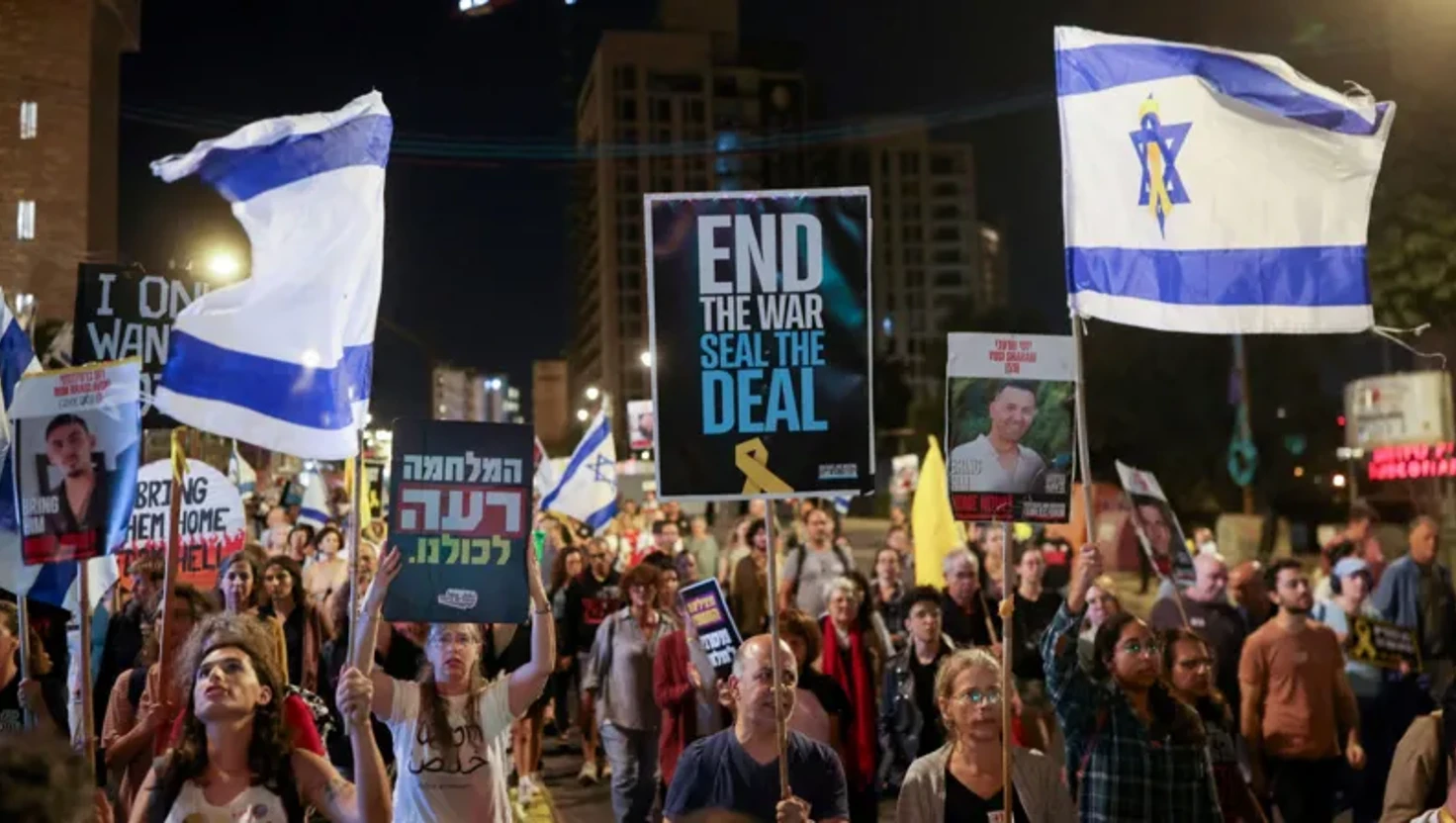
Trump urges Israel and Hamas to advance ceasefire plan, Netanyahu hopes to announce hostage release within days
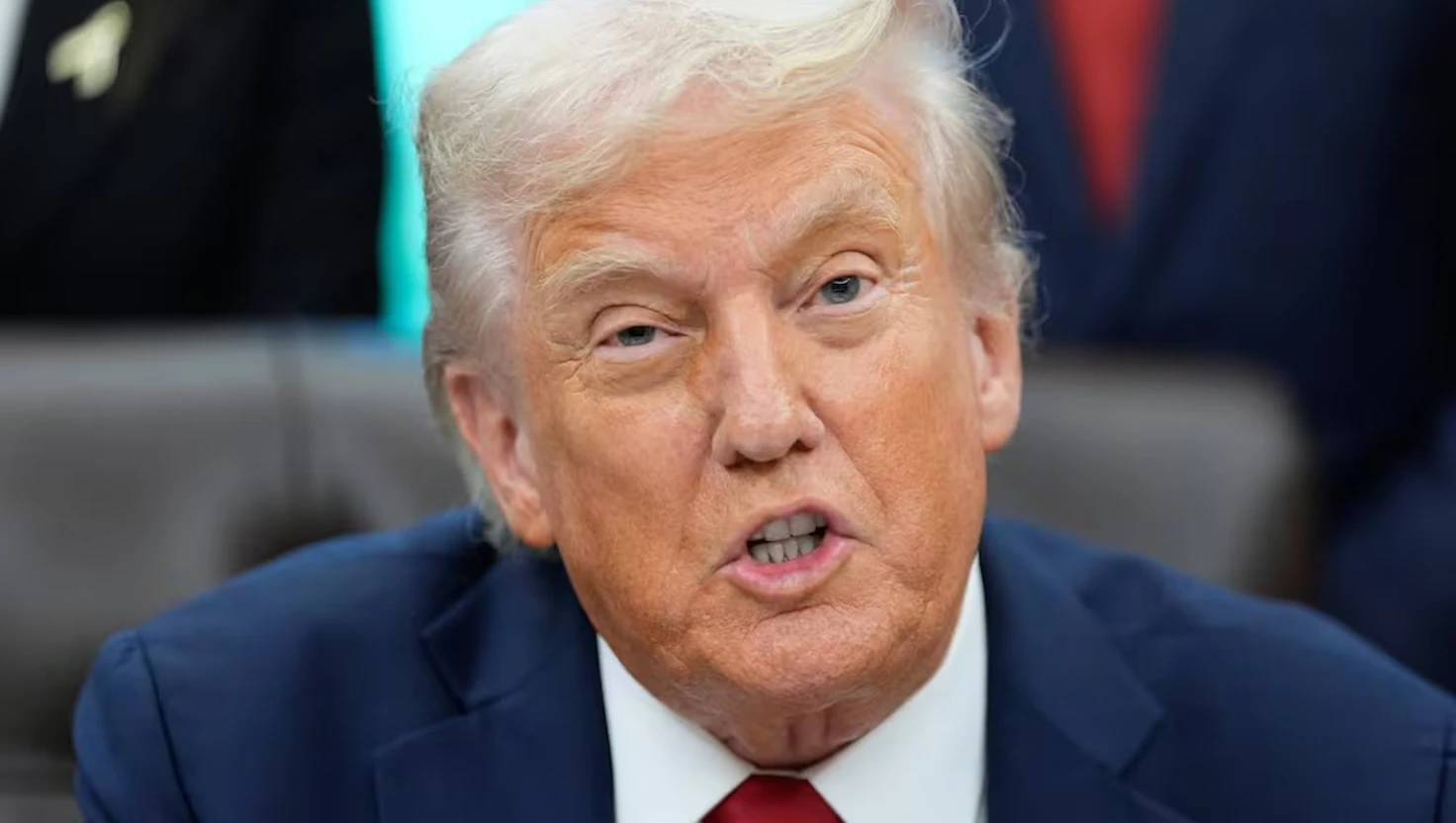
Trump orders Israel to stop bombing Gaza after Hamas backs parts of his peace plan
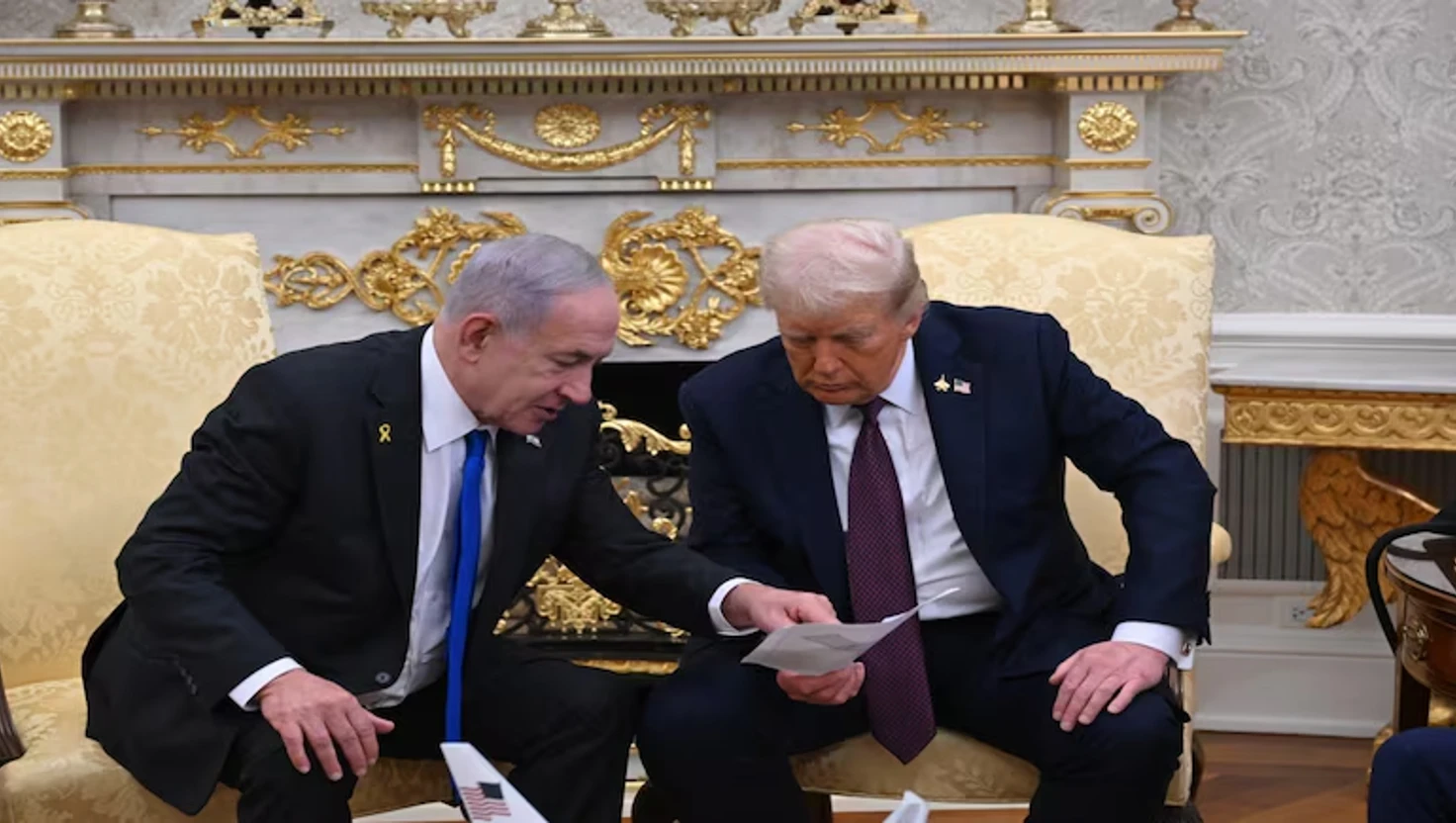
Trump says israel has agreed to his 20-point peace plan to end war in Gaza
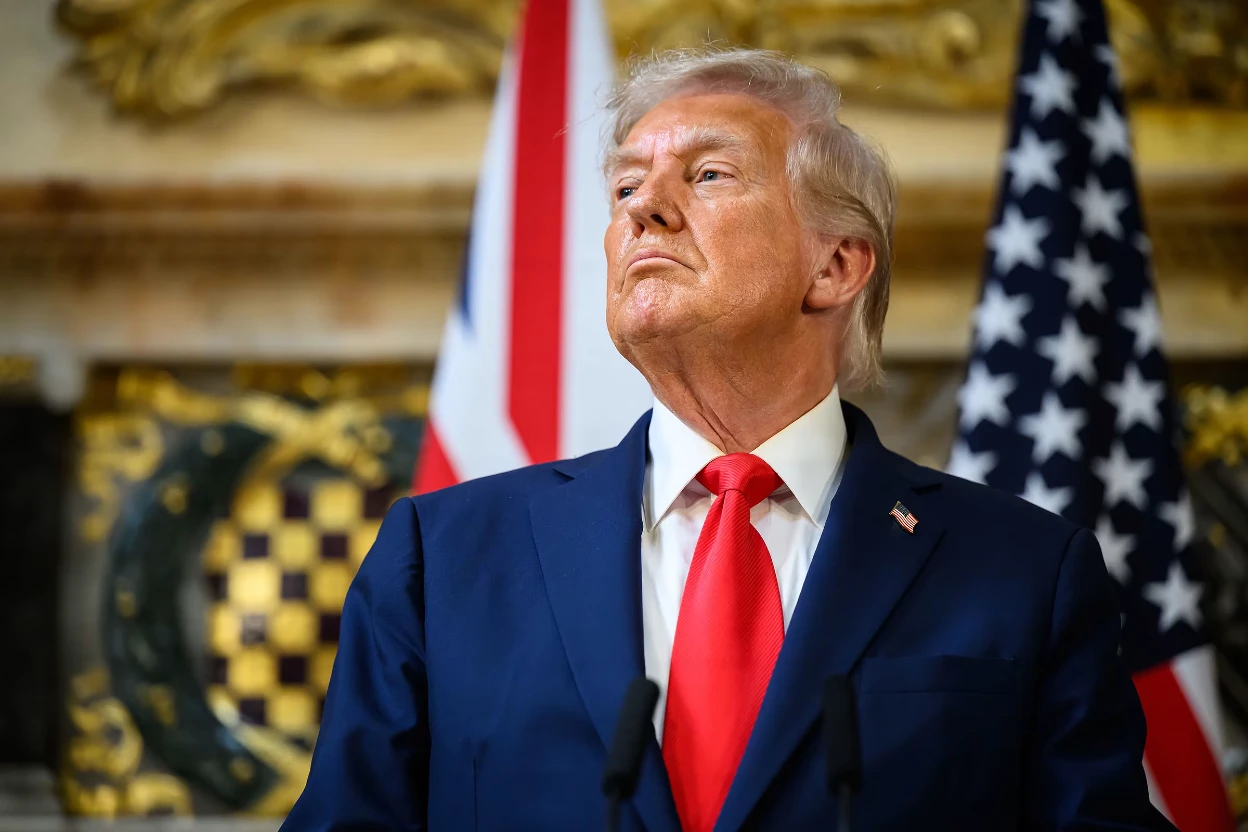
Trump signs proclamation imposing $100K fee on H-1B visas
